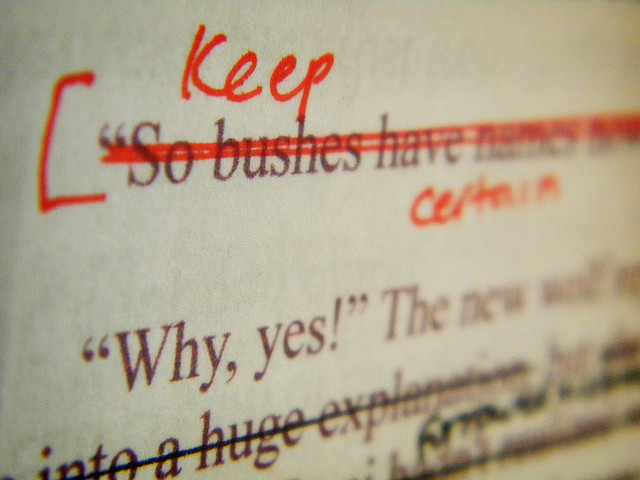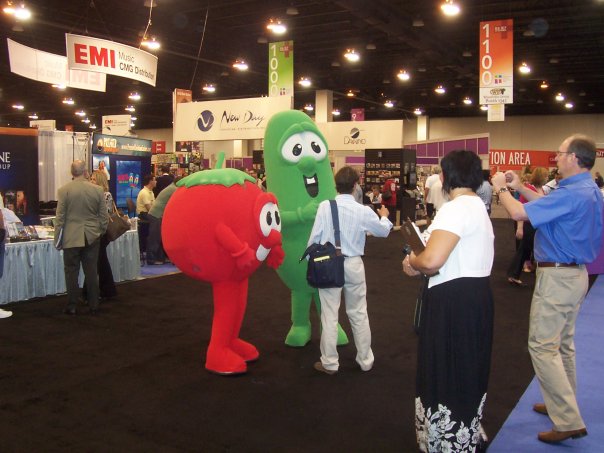DESIGN
Napoleon Bonaparte, is supposed to have said, “Un bon croquis vaut mieux qu’un long discours,” translated “A good sketch is better than a long speech.” That has morphed into the modern phrase “A picture is worth a thousand words,” which is a fundamental truth when talking of book design.
Another cliché states, “don’t judge a book by its cover,” but we do it all the time. We are a visual people and our eyes are drawn to images that capture our imagination. In my opinion, the title and the cover vie for preeminence as the most important part of the presentation of a book to a potential reader.
I wish every author could attend a cover discussion meeting at a major publishing house. In that meeting the art director displays all the cover samples created by a designer in a room full of people (editorial, sales, marketing, and management) and opens it up for discussion. There can be as many as twelve very different designs from which to choose. Often one cover immediately jumps to the front. But there are occasions where the typeface is good on one jacket but the colors are better on another. The art director takes copious notes and has the designer work through it again.
After a final “winner” is chosen the cover is supposed to be shown to the author and the agent (sometimes we get two or three “winners” from which to choose). Then that cover is made part of the sales conference presentation and those sales reps then start showing it to key dealers and buyers around the country. There are many times where the feedback from the key accounts causes the cover to be completely redesigned before it is shipped. This is why you will occasionally see a cover on Amazon.com for pre-order and then the actual jacket is different when released.
Design and packaging is one the major strengths of the traditional publishing process. Thousands of dollars are spent on getting top level designers (some are designed in-house and others are outsourced to the tune of $3,000 to $5,000). And the rigorous vetting of that design within the company and with key accounts is nearly irreplaceable.
At the hope of embarrassment, I believe that Paul Higdon, the Creative Director at Bethany House Publishers, is one of the finest cover design coordinators in the industry. The covers for Bethany House fiction have been industry leaders for a long time. If you want to see him at work, read this interview with Paul and see a cover design being created. It is worth the time to read.
Those who want to forego the traditional publishing route need to remember one thing, don’t let your own personal taste be the final vote. What you think is gorgeous may make another person heave. (A simple walk down the mall observing fashion choices is a case in point.) This is not the place to bargain hunt or be shallow with a comment like “I just don’t like the color pink.”
Even if the book is only going to be purchased online, the consumer will still be attracted by a great cover. But online the cover is the size of a postage stamp which creates an enormous design challenge.
In addition to the cover design, the entire package of the book is critical. Everything from back cover copy to author photo to the interior font to the trim size to the design of the spine to the type of paper on which the book is printed. Admittedly this is becoming homogenized by ebook technology where the reader chooses the font type and size…and the page size disappears. But for now over 80% of all books sold are bound and in physical form, not digital.
Ever wonder why some books are thick and others thin, but have the same page count? That is due to ppi (page per inch). Paper stock can come in a massive variety of weight and thickness and texture. If the spine of a book is designed to fit a width of 0.87 inches (based on standard ppi) but the production manager chooses a thicker paper, the spine art will not fit properly. You’ve probably seen examples of this sloppy work, but it is rare to find among professional designers and publishers. They work very hard on those details. At Bethany House we once chose a very low ppi for a book so that it would feel very thick despite the fact it was barely over 200 pages long. Along with a hardcover package and a great slip cover jacket, the book “felt” like it was worth more money and the publisher was able to price it accordingly. It was a highly successful project and spawned four other similar titles.
When thinking of the issue of design and packaging, two watershed examples of came to mind. First was in 1989 with the release of The Beginner’s Bible by a little company called Questar Publishers. I was working in the bookstore at the time and still remember the gasp when I opened the box and picked up that book for the first time. I exclaimed, “We didn’t order enough of these!” Immediately went to the phone and ordered another 100 copies. The trim size, interior design, the artwork, the price point, everything worked. The packaging was absolutely perfect. It quickly became the bestselling children’s book in the Christian market and is considered a “classic” today. (Trivia moment: Questar Publishers later became Multnomah Publishers. But then somehow lost the publication rights to The Beginner’s Bible which is why it is now published by Zondervan. Multnomah was sold to Waterbrook in 2006.)
The other example was Jesus Freaks: Stories of Those Who Stood for Jesus by dc Talk and the Voice of the Martyrs. Originally published by Albury Press (in 1999) it went on to sell over one million copies. (click through the above link and take a tour via the “Look Inside” feature on Amazon.com) Never before had there been a paperback book with a combination of a die-cut hole in the cover, a complete inside fold-out cover flap, and deckled edges (click for a definition). Each page was designed and did not use a cookie-cutter look with black ink on white paper. It was both ground-breaking and breath-taking. And incredibly expensive to print. Of course much of its success was due to the incredible popularity of dc Talk as the #1 singing group in the industry, but the book itself had an enormous “cool factor” that made reading about martyrs something everyone wanted to do. (Trivia moment: Albury Press was sold, including the Jesus Freaks book, to Bethany House in January 2002. Thus I was able to be the project manager and editor of the sequel by dc Talk called Jesus Freaks II: Revolutionaries which came out in October of that year.)
In both of these examples it was the physical product that helped created the buzz about the book. Of course the content was great, but its packaging took its popularity to another level. This kind of innovation is happening all the time in the traditional publishing world. Some really smart people are pouring their creativity into each project to give a book its best opportunity to capture a consumer’s attention.
Below is a quick two minute time-lapse video of a book cover being designed. Enjoy!











